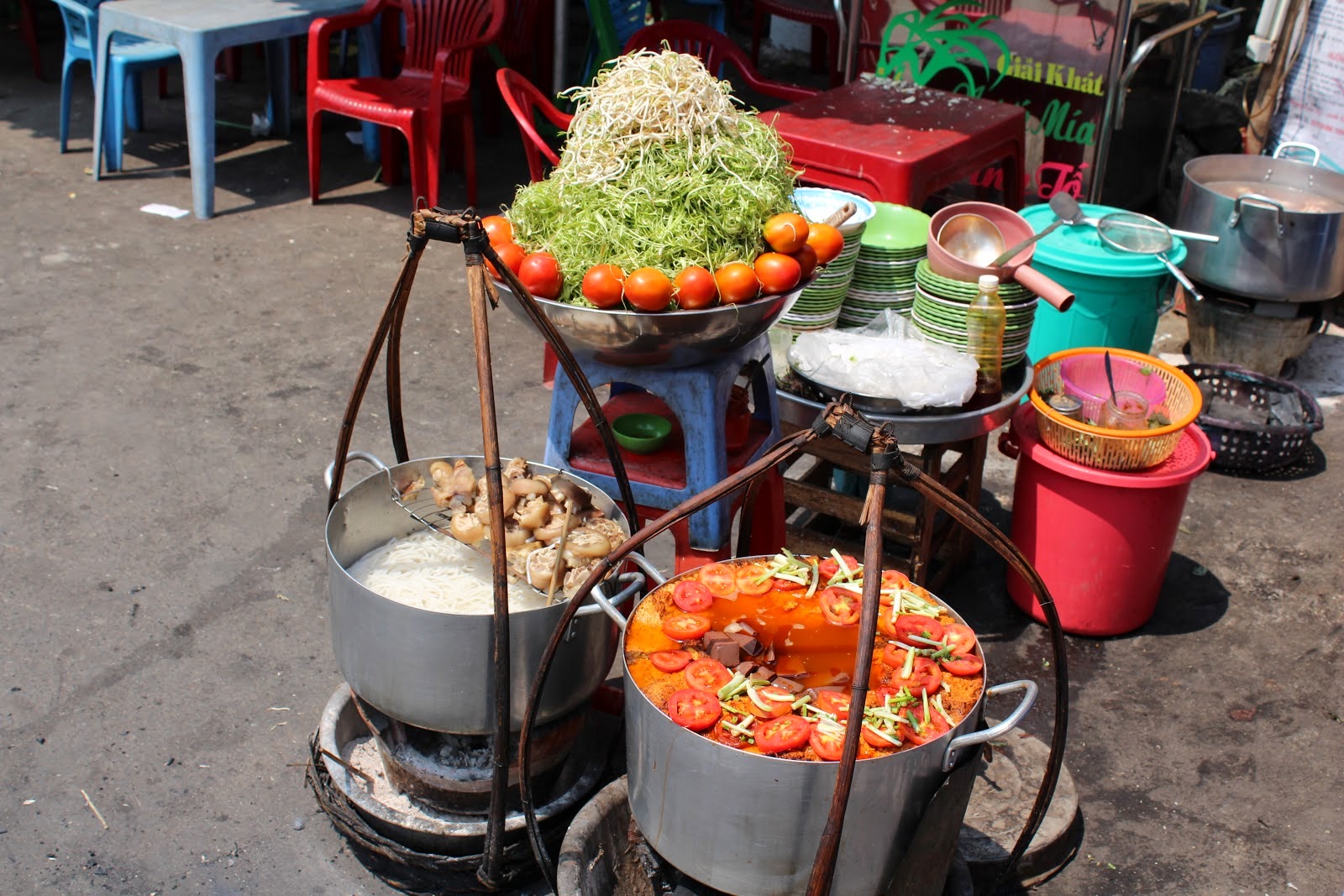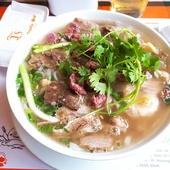Food safety in Vietnam
Foods in Vietnam are not always safe as they look, especially in street small shops and vendors’ load
Food safety in Vietnam continues to be a concern, particularly with street vendors and small eateries. Rising costs of ingredients in recent years have compelled many establishments to cut back on quality, impacting the overall safety of street food.
Today, diving into Vietnam's street food scene is still seen as an adventure. A bowl of Pho or Bun Rieu (vermicelli with crab soup) can be delicious but potentially risky. While Pho is generally safer, issues can arise with undercooked beef. In contrast, Bun frequently presents higher risks, particularly due to the raw vegetables typically served alongside it. Many small vendors may not wash vegetables thoroughly due to time constraints, leading to serious health risks, especially given that certain produce in Vietnam often contains pesticide residues exceeding safe limits. While many believe a good bowl of vermicelli is incomplete without raw veggies, it is advisable to enjoy them at reputable restaurants or prepare them at home with properly cleaned produce.
Additionally, meats sold in markets, such as pork, chicken, and duck, may also pose risks. The charcoal used for roasting can emit harmful smoke that can lead to health issues over time, and the seasoning for these meats sometimes contains prohibited artificial coloring. Moreover, traditional dishes that include pig's and duck’s blood can also contribute to gastrointestinal problems.

Treats such as sweets, cakes, and drinks are not without their own health risks. Street vendors often sell sweet soups that are exposed to dust and other contaminants without proper covering. Ingredients are mixed together only upon customer request, raising hygiene concerns. Some ingredients used in these sweet soups may contain chemicals, including synthetic materials used in manufacturing. Deep-fried pastries are commonly cooked in reused, often stale oil, which can pose health hazards. Furthermore, the sugars used can sometimes be processed variants that are much sweeter than natural sugars, allowing sellers to cut costs. Additionally, the oil absorbs dust from the street throughout the day, contaminating the pastries. The milk used for street cakes often comes directly from cows without any sanitation.
On the drink front, sugarcane juice remains a popular choice in Vietnam, but it can also contain health risks. The machines used for extraction might not be well-maintained, often being old and potentially dirty. The sugarcane itself is rarely washed before processing, and the ice cubes served can be contaminated. For safer options, Shake is a trusted brand known for its clean and diverse sugarcane juice offerings with choices like mint, strawberry, apple, and mango.
For those wary of gastrointestinal issues, it's wise to choose larger, reputable restaurants or trusted vendors when dining out. Alternatively, consider taking some medication before or after indulging in street food to mitigate potential stomach troubles. However, many Vietnamese enjoy street food daily without any issues, demonstrating that the experience, with a little caution, can be rewarding.









